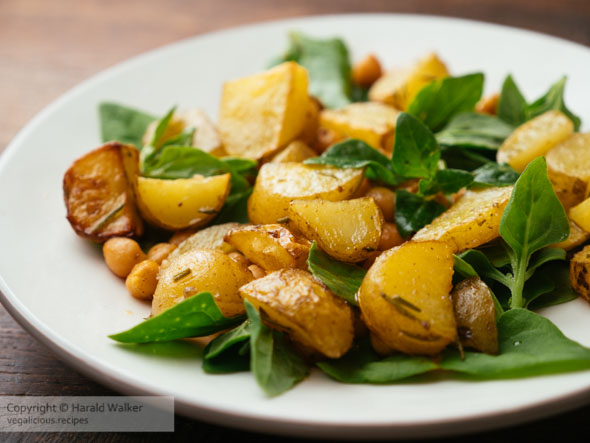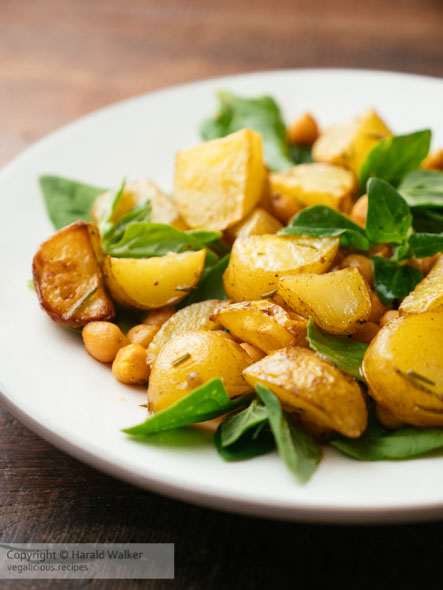To understand the Ketogenic diet (low-carb/ high-fat/ moderate protein). We need to first understand human energy metabolism. Lucy Browne, Health and Bodycare team member and qualified nutritionist from Planet Organic’s Queens Park branch, chats us through the basic principles of the ketogenic diet, including how to utilise fat, how to store energy and how to know if you’re in a state of ketosis.
How Do We Obtain Energy from Food?
Humans get their energy from dietary macromolecules (carbs/ fats/ protein).
• 1g of carbs = 4 Calories.
• 1g of fat = 9 Calories.
• 1g of protein = 4 Calories.
How Is Energy Stored in the Human Body?
• Fat = long-term energy storage.
• Carbs as glycogen = short-term energy storage.
• Protein = rarely used by the body for energy except in severe cases of starvation.
How Are Macromolecules Broken Down?
Before macromolecules can be absorbed, they must first be broken down into smaller substances by the digestive system.
• Carbs are broken down into glucose.
• Fats are broken down into fatty acids. Which then get converted into ketones, when carbs are restricted.
• Proteins are broken down into amino acids. Cell-Specific Energy Needs:
• Red blood cells = glucose.
• Brain cells = glucose and ketones.
• Fat cells = fatty acids and glucose.
• Liver cells = fatty acids. • Muscle cells = fatty acids, glucose, and amino acids.
• Cardiac (heart) muscle cells = prefers fatty acids and ketones.
How Does the Body Utilise Energy from Carbohydrates?
After you consume a high-carb food, for example, bread. Your digestive system will break down the bread (carbs) into glucose. Then the glucose is absorbed into the bloodstream.
As the blood glucose level rises, the pancreas releases the hormone insulin into the blood. Insulin is needed to get glucose from the blood into the cells, to be used as an energy source. When carbs are NOT restricted glucose will be utilised as the body's primary fuel source.
What is a Keto Diet?
A keto diet is a low-carb, high-fat and moderate protein diet. When carbohydrates are restricted the body is forced to use fat as fuel, instead of glucose. This process whereby the body converts to burning fat for energy is known as ketosis. There are many variations of the ketogenic diet. Although only the standard and high- protein ketogenic diets have substantial research.
•
Standard ketogenic diet: 75% fat, 20% protein and 5% carbs.
•
High-protein ketogenic diet: 60% fat, 35% protein and 5% carbs.
How Does the Body Utilise Energy from Fat on a Keto Diet?
After you consume a high-fat food, for example, avocado. Your digestive system will break down the avocado (fat) into fatty acids. Then the fatty acids are absorbed into the bloodstream. Fatty acids are absorbed straight into our cells. Which means they do not require insulin to enter our cells as glucose does. Fatty acids can also be transported to the liver where they are converted into ketones. The essential fuel for human brain cells. Thus, ketogenic diets can cause massive reductions in blood sugar (glucose) and insulin levels.
What Happens to Your Body When You Are in Ketosis?
• Reduced insulin levels.
• Reduced blood-glucose (sugar).
• Increased fat breakdown.
• Increased ketone production.
How to Tell If You Are in Ketosis?
• Fruity breath due to increased ketone production.
• Weight loss within the first week. Carb restriction results in the loss of water weight.
• Appetite suppression.
• Short-term keto-flu followed by increased focus and energy.
Ketosis Testing:
You are in ketosis when your blood ketone range is between 0.5–3.0 mmol/L.
• Finger pinprick test (most accurate).
• Breath analysers.
• Urine strips.
What is the Keto-Flu?
The keto-flu is a set of symptoms associated with carb restriction and thus the onset of ketosis.
• Sugar cravings
• Dizziness
• Brain fog
• Irritability
• Poor focus and concentration
• Digestive issues
• Cramping
• Muscle soreness
• Disturbances in sleep
The keto-flu symptoms, severity and length is dependent upon your metabolic flexibility.
What is Metabolic Flexibility?
Metabolic flexibility is characterised by your body’s ability to adapt to using different fuel sources for energy (carbs, fats, protein, and ketones). Which is dependent upon genetics and lifestyle (previous diet and exercise).
Genetics: Some people will be less metabolically flexible and thus, slow keto-adapters. Whereas others will be more metabolically flexible and thus, quick keto-adapters. This is dependent upon genetic variations in genes that control our ability to switch between fuel sources.
Lifestyle: People with previous diets high in refined sugar and processed foods will be more likely to experience severe keto-flu symptoms. Whereas, people with previous diets low in processed sugars and starches may only experience mild keto-flu symptoms or none at all.
People who exercise will be more metabolically flexible than those who are sedentary.
How to Beat the Keto-Flu Blues and Stay in Ketosis?
Diet:
• Increase water and hydrating foods.
• Increase electrolytes: sodium, potassium and magnesium.
• Increase foods rich in B vitamins, phosphorus, vitamin A, vitamin C, vitamin K, zinc.
• The most common nutrient deficiencies (with any diet) include vitamin D, iron and iodine.
• Increase omega 3 fats and MCT oil.
• Increase keto-friendly fibre foods.
• Increase keto-friendly vegetables.
Do NOT exceed your daily protein intake. Excess protein will be converted into glucose and thus offset ketosis.
Lifestyle:
• Reduce stress. Your body produces less ketones when in fight or flight mode.
• Make sleep a top priority (8 hours per night).
• Do NOT do high-intensity exercise (at first).
Is a Vegan Keto Diet Possible?
A Vegan Keto diet is possible although careful planning and supplementation are needed.
Common issues include:
1) The ratio of fats: Low in anti-inflammatory omega-3:
There are three types of omega 3:
• ALA
• EPA
• DHA Nuts and seeds contain ALA.
This is an unfavourable form of omega 3 as the body can only utilise about 6-8% of it.
Fatty fish, omega 3 rich eggs and algae contain EPA and DHA. This is the favourable form of omega 3. Although the only vegan source is algae.
High in inflammatory omega-6: It is near impossible to reach your daily intake of fat on a vegan keto diet without exceeding a healthy intake of omega 6 fats.
2) Complete proteins: A complete protein contains all nine essential amino acids. They are essential as your body cannot produce them internally and thus, they must be obtained from food. The only complete vegan protein that is keto-friendly is tofu and tempeh (fermented tofu).
To compensate include:
Why Keto Foods Aren’t Just for People Following a Keto Diet?
• High fat/ low carb keto foods are protective against cardiovascular disease due to reducing insulin and blood glucose (sugar) levels.
• Fatty acids are not dependent upon insulin to enter cells and thus provide instant energy. Especially MCT oil. This is useful for anyone wanting to boost their morning coffee/ drink of choice or fitness workout.
Must Have Keto Products:
•
Sun Warrior - Clean Keto.
•
Ketosource - Pure C8 MCT Oil.
•
Ancient + Brave - True MCT (C8 and C10).
•
Nutiva - MCT Powder.
•
Nature Plus - Ketoliving Sugar Control.
•
Viridian – SPORTS Electrolyte Fix.
•
Bare Biology - Pure Omega 3 Fish Oil (clinical strength).
•
Pure Encapsulations – O.N.E Multivitamin.
from Planet Organic Blog https://ift.tt/3aLibn1
via
How to Save Money When Buying Organic Foods
































